Sigiriya, also known as Sinhagiri, is an ancient rock fortress in Sri Lanka's northern Matale District. The fortress Sri Lanka is located near Dambulla in Central Province. This is an archaeological and historical site that towers over a large column of rock about 180m high.
Sigiriya
Lions rock Sri Lanka — The Culavamsa, an ancient Sri Lankan chronicle says this was the site King Kashyapa selected for his new capital. The top of this rock was where he built his palace and decorated it with frescoes. He built a gateway in a form of a huge lion on a small plateau located halfway up this rock's side. This structure is the source of the name Sinhagiri (the Lion Rock), which is similar to Sinhapura (the Sanskrit name for Singapore, The Lion City).
Sigiriya rock fortress — Kashyapa forcibly killed his king's father and became king. He made Sigiriya the new capital of the country, but after the death of Kashyapa, both Sigiriya and his royal palace were reduced to ruins. This fortress Sri Lanka was used by the Buddhist monastery until the 14th century. Sigiriya is a UNESCO World Heritage Site. It is an example of ancient urban planning at its best.
Sri Lanka Sigiriya
Sigiriya Lion Rock — It is possible that the Sigiriya was inhabited its current state since prehistoric times. The evidence is strong that Buddhist monks and ascetics occupied the caves and rock shelters located in the vicinity as early as the 3rd Century BC. Sigiriya's Aligala Rock Shelter, located to the east and Sigiriya rocks, is the earliest evidence of human settlement. This indicates that the area was occupied almost five thousand years ago during Mesolithic Period.
Sigiriya Sri Lanka, the rock inscriptions can be found near many shelters' drip ledges. These inscriptions record the donation of these shelters to Buddhist monastic orders. These were made between the 3rd Century BCE and the first century AD in an ancient fortress in sri lanka.
Sigiriya story — In 495 AD When Kashyapa (Stepbrother of Moggalana) was defeated in battle by Moggalana, the city of Anuradhapura was re-capitalized and the ancient city of Sigiriya was converted into a Buddhist monastic complex, which survived until the 13th/14th centuries. After that period Sigiriya lost all records.
Lion rock Sri Lanka
Sigiriya fortress — The Kingdom of Kandy used it briefly as an outpost until the 16th and 17th centuries. Locals also have heard of many legends surrounding Sigiriya. However, this site may have been an important part of the competition between Theravada Buddhist traditions and Mahayana Buddhism traditions in ancient Sri Lanka.
Sigiriya frescoes
Paintings have covered the majority of the rock's western face, which measures 140m long by 40m high. These Sigiriya paintings contain references to 500 women in graffiti. Many of these graffiti has since been lost. You can see more frescoes on the rock faces, such as the ceiling at the "Cobra Hood Cave", which has many others. It is not known if the true identities of these women are still confirmed. Many theories exist about their identities. Some believe they are the ladies who serve as kings' wives, while others believe they are religious women. These images are very similar to the paintings in India's Ajanta Caves.
Mirror wall
Sigiriya Gardens
Sigiriya pond
Sigiriya photos
Sigiriya Google Map
Sigiriya- Ancient Rock Fortress — Aerial Video
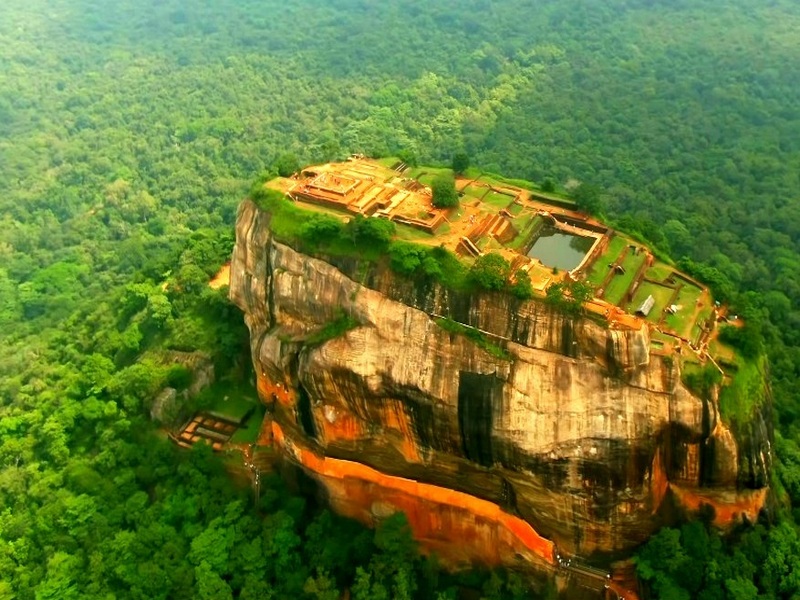
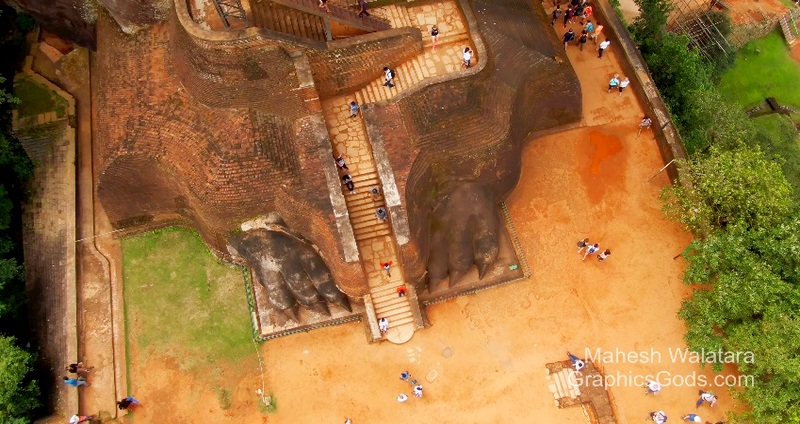

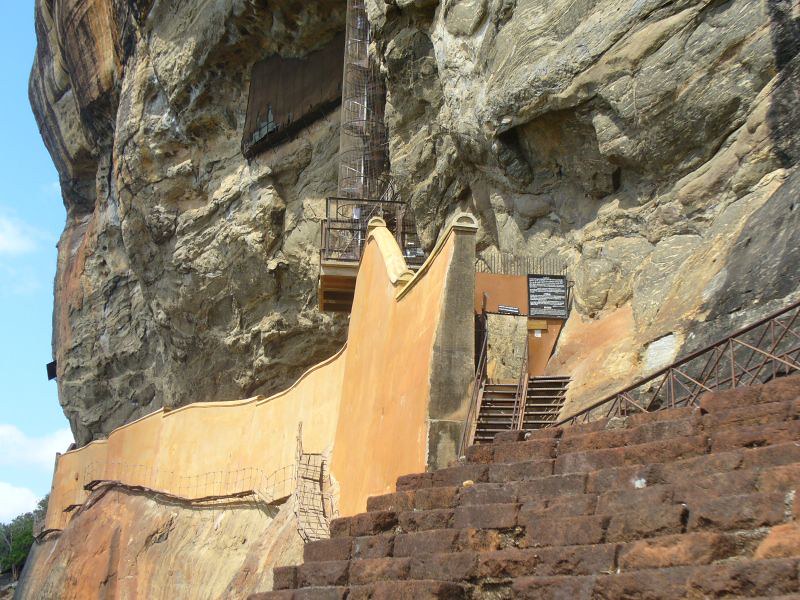
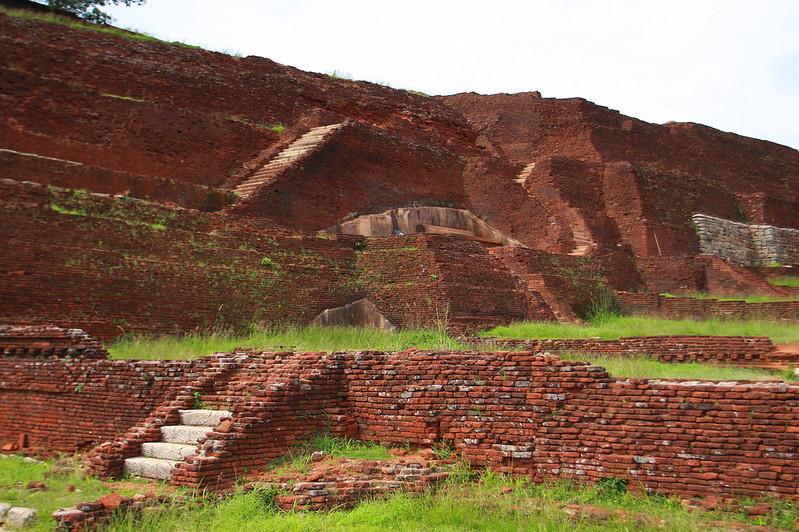
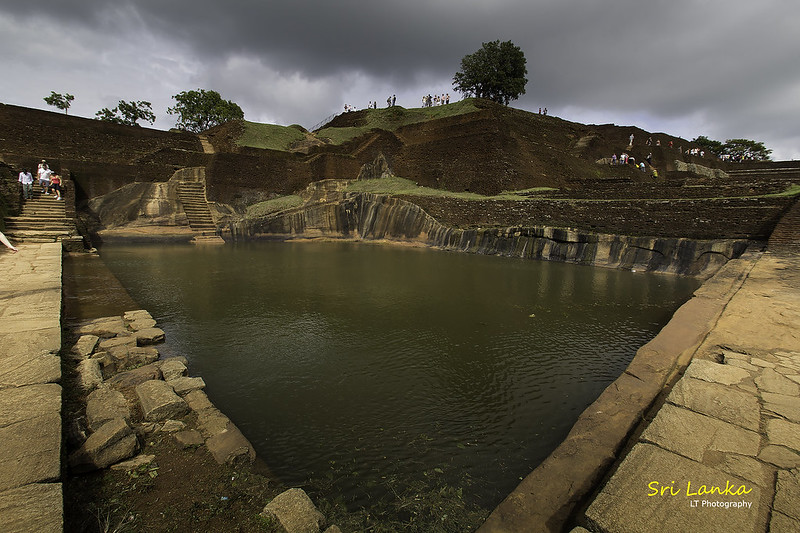
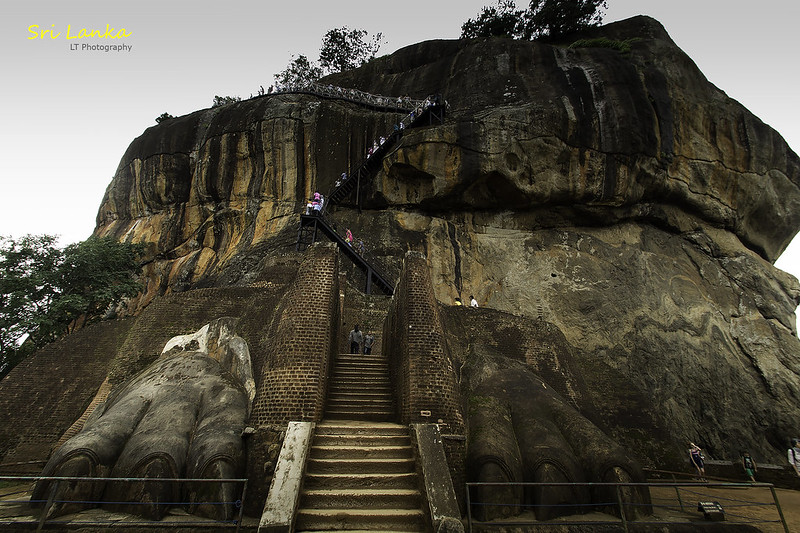
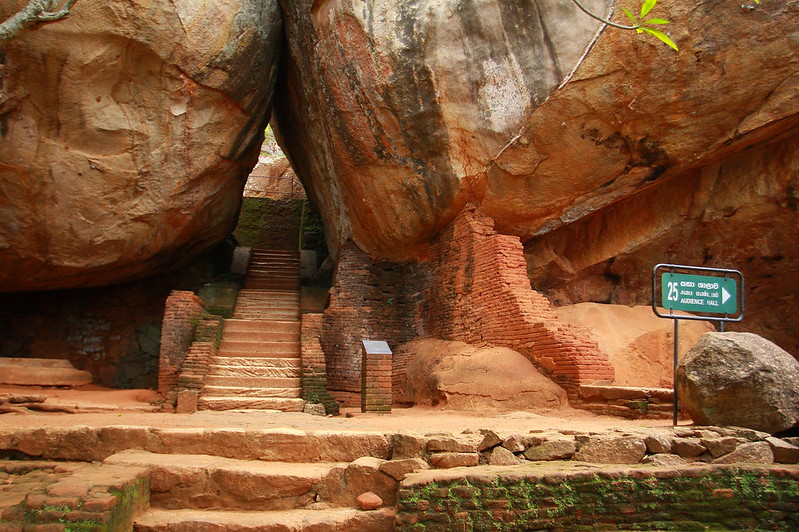
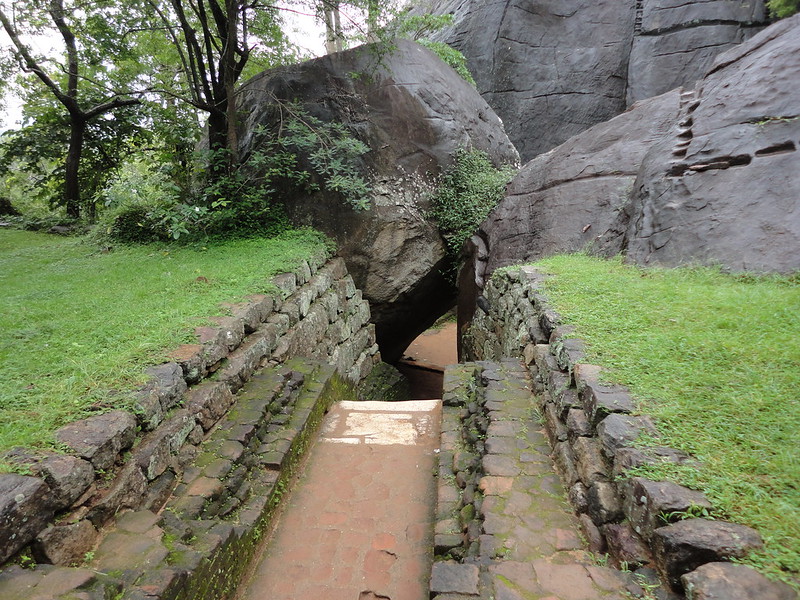
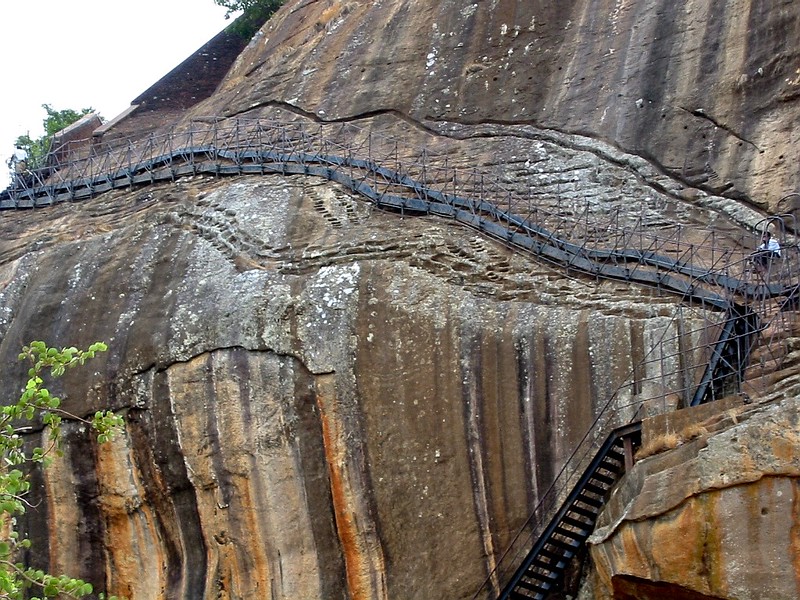

No comments:
Post a Comment